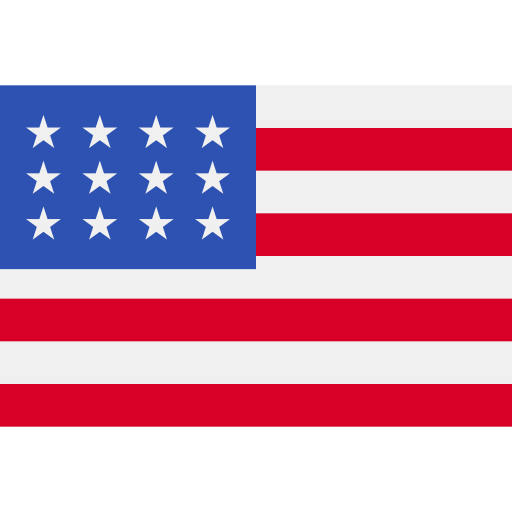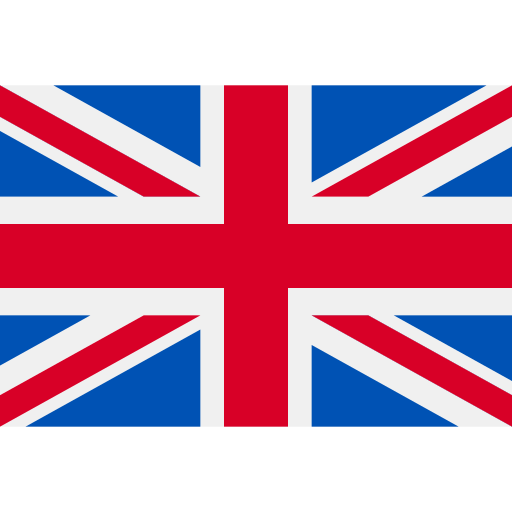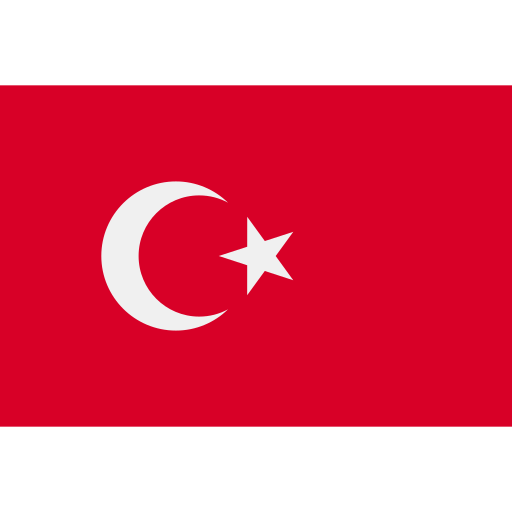Masks are going from mandated to criminalized in some states
[ad_1]
Decades-old laws against masking — often crafted in response to the hooded terror of the Ku Klux Klan — are on the books in at least 18 states and D.C., according to the International Center for Not-For-Profit Law. Lawmakers in some areas passed legislation to create health exemptions during the coronavirus pandemic while other authorities vowed not to enforce the statutes.
Immunocompromised Americans and civil libertarians who have long criticized mask bans as a cudgel against protesters of police shootings, economic inequality and environmental injustice say the bans are being revived because covid is no longer treated as a public health emergency. Coronavirus levels in wastewater are reaching high levels across much of the Sun Belt and Florida, early indications of a summer covid wave, according to the Centers for Disease Control and Prevention.
Lawmakers eager to reinstate pre-pandemic mask restrictions say legislation would not target medically vulnerable people and others trying to avoid respiratory viruses. But critics say such an approach would be impractical and sets mask wearers up for further ostracization and harassment by police and fellow citizens.
The day after the North Carolina House passed its anti-masking bill in June in response to pro-Palestinian protests at the University of North Carolina, Shari Stuart said a man confronted her for wearing a surgical mask when she walked into an auto service center in the Raleigh area to get an oil change. After she tried to explain that she has Stage 4 breast cancer and a weakened immune system, Stuart said the man called her a “f—ing liberal” and insisted masks were now illegal. He later coughed on her and said he hoped the cancer would kill her.
Stuart, who first shared her experience with a local television station, said she worries this kind of harassment would worsen if mask restrictions became law despite language in the bill permitting the wearing of “a medical or surgical grade mask for the purpose of preventing the spread of contagious disease.”
“People are still going to think you are breaking the law if you’re wearing a mask. They don’t care what’s wrong with you,” Stuart told The Washington Post. “I’ve thought I should wear masks with something printed on it like ‘immune deficient’ or ‘cancer patient.’ But we should not have to do that.”
Others fear people of color will face the brunt of enforcement.
“Any time you see these kind of laws where we are mandating a certain thing someone can do with their body, who is going to be most affected by that? Black and Brown people,” said Diana Cejas, a Black pediatric neurologist in Chapel Hill, who masks in part because she faces elevated risk from respiratory illness because of scar tissue around her airways from cancer treatment. “At the same time, I’m not going to let it deter me from trying to keep myself safe and my patients safe.”
In a statement accompanying his veto, Cooper said the legislation “removes protections and threatens criminal charges for people who want to protect their health by wearing a mask.”
GOP lawmakers have called such concerns overblown because of the bill’s health exception. Republicans have enough votes in their majority to overturn Cooper’s veto.
“Bad actors have been using masks to conceal their identity when they commit crimes and intimidate the innocent,” state Sen. Danny Earl Britt, Jr. (R), one of the bill’s sponsors, said in a statement. “Instead of helping put an end to this threatening behavior, the governor wants to continue encouraging these thugs by giving them more time to hide from the consequences of their actions. I look forward to casting a vote to override this veto and allowing those with actual health concerns to protect themselves and others.”
Opponents of mask restrictions question how a health exception could work if protesters wearing medical grade masks say they’re trying to stay healthy in a crowd.
“I don’t understand when there’s a political protest exactly how the authorities plan to sort out those who are wearing masks for health purposes versus those who are wearing masks to protect their identity,” said Jay Stanley, a senior policy analyst at the American Civil Liberties Union who has written about the issue. “It really sets up a situation where we are likely to see selective enforcement against protesters that the authorities don’t like.”
Sylvie Tuder, one of the protest organizers for the University of North Carolina chapter of Students for Justice in Palestine, said attendees are encouraged to wear masks specifically to limit the spread of communicable disease and called the GOP bill an effort to suppress protest.
“As defenders of Palestinian life, it’s our duty to honor the real danger that infectious disease poses to all people, whether in Chapel Hill or in Palestine,” said Tuder, a doctoral student in sociology.
But Adam Goldstein, a medical professor at the University of North Carolina who supports the legislative efforts to restrict masking, said widespread masking creates an unsettling climate for Jewish faculty, staff and students harassed by people they cannot identify. Goldstein said a protester covering their face with a kaffiyeh, a scarf commonly worn at pro-Palestinian protests, approached him and shouted “intifada” while he held up a sign calling for the release of Israelis held hostage by Hamas.
He said people who face elevated risk from covid should be able to wear medical grade masks but does not believe masked demonstrators are motivated by public health because many use ineffective cloth coverings and masking was far less common on campus before the protests.
“You cannot just say you are selectively worried about it only when you are out there protesting,” Goldstein said. “If you are at high risk, you probably shouldn’t do high-risk activities like congregating in large public groups.”
In New York, Democratic leaders say the relaxation of mask rules early in the pandemic has now hampered police response to crime and antisemitism.
“We will not tolerate individuals using masks to evade responsibility for criminal or threatening behavior,” Hochul said at a news conference this month, adding that she wants to protect “legitimate” reasons to wear masks, including to avoid covid or the flu.
New York Attorney General Letitia James (D) has also signaled support for restrictions.
Yaacov Behrman, a rabbi who favors masking restrictions with exceptions for public health, said he was recently harassed by a group of pro-Palestinian protesters, including some in masks who shouted “Zionists are not welcome here,” while he walked by the Brooklyn Museum wearing a kippah, a head covering worn by some Jewish men.
“They are using masks to harass and intimidate,” said Behrman, founder of the Jewish Future Alliance, a community advocacy group.
New York Mayor Eric Adams (D) has encouraged retail businesses to make customers pull down their masks when they enter to dissuade robberies. “I think now is the time to go back to the way it was pre-covid,” Adams said in a radio interview this month.
But some New Yorkers have embraced masking as a healthy habit in a crowded city of millions to avoid any airborne pathogen that can disrupt life.
Logan Grendel, a 46-year-old Harlem resident, credits regular masking on the subway for avoiding any respiratory illness since the pandemic started. “The fact I ever didn’t wear a mask on the subway is wild to me,” Grendel said.
Meredith Cann, a telehealth psychotherapist in Manhattan who largely serves immunocompromised and disabled people, said she has prospective clients seeking mental health care because they are terrified after hearing Hochul’s and Adams’s calls to limit masking.
“Average everyday people are going to hear what our governor and mayor are saying: People who wear masks are criminal,” said Cann, who receives weekly injections of an immunosuppressive drug for a chronic condition. “We are afraid for our quality of life and our ability to just exist in public.”
[ad_2]
Read More:Masks are going from mandated to criminalized in some states

 Canada
Canada Japan
Japan Germany
Germany Australia
Australia United States
United States United Kingdom
United Kingdom China
China France
France Ukraine
Ukraine Russia
Russia Turkey
Turkey
Comments are closed.